India is recognized all over the world as the abode of many spices since time immemorial. The importance of spices can be traced from vasco-da-Gama’s time, and the Indian spices still occupy a prominent position in the international trade. However there is shrinkage in the export volume in recent time in respect of some spices like black pepper, ginger and small cardamom due to competition from other countries as well as increase of price in the domestic market. Being a predominant export item, spices can contribute a significant role in the national economy. Presently, the Government of India is giving special emphasis to increase the production of exportable commodities including spices. Considerable research has been carried out during the past three decades by various agricultural universities and the ICAR research centres to increase the production as well as to overcome production problems but still many constraints are yet to be tackled. The objective of this book is to project development that occurred over the years in the field of spices which provides useful information’s to the students, research workers, field workers and growers in support of enhancing the productivity of the spice crops. There is an imminent need to step up the productivity of spices by adopting modern technique in order to retain the country’s position in the world of spices trade. The worldwide interest on spices is forcing the agricultural universities and college to give emphasis on the teaching of spices. Therefore, it was considered highly pertinent to prepare a need banded book on spice culture not only to meet the requirements of the students in horticulture/agriculture, but also to provide logistic support for the benefit of research/extension workers and spices producers, in general by incorporating latest information on production technologies.
Contents: Preface. 1. Introduction. 2. Classification. 3. Black pepper. 4. Small cardamom. 5. Large cardamom. 6. Ginger. 7. Turmeric. 8. Chillies. 9. Garlic. 10. Clove. 11. Nutmeg and Mace. 12. Cinnamon. 13. Coriander. 14. Cumin. 15. Fenugreek. 16. Fennel. 17. Ajowan. 18. Dill. 19. Black cumin. 20. Celery. 21. Kala Zira (Black Caraway). 22. Saffron. Annexures.

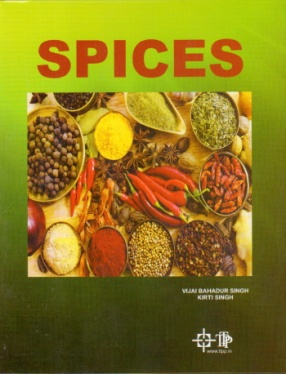
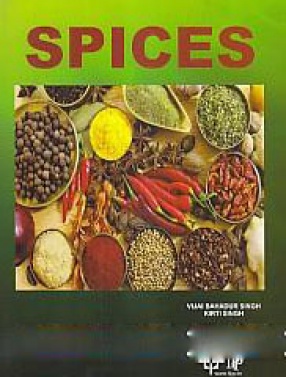
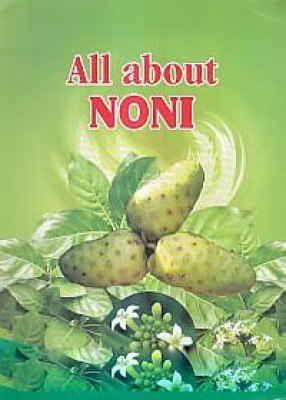
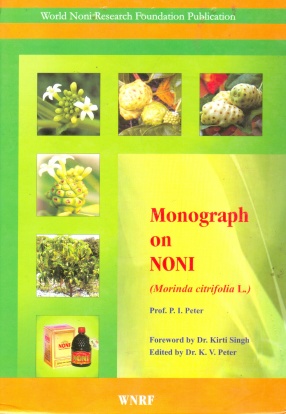


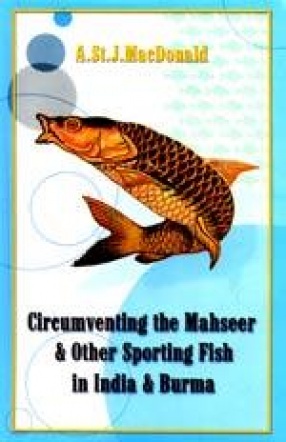
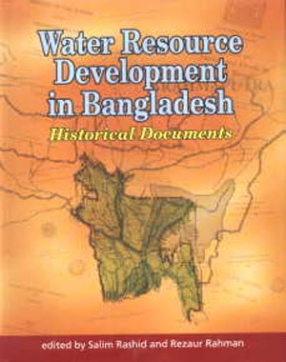
There are no reviews yet.